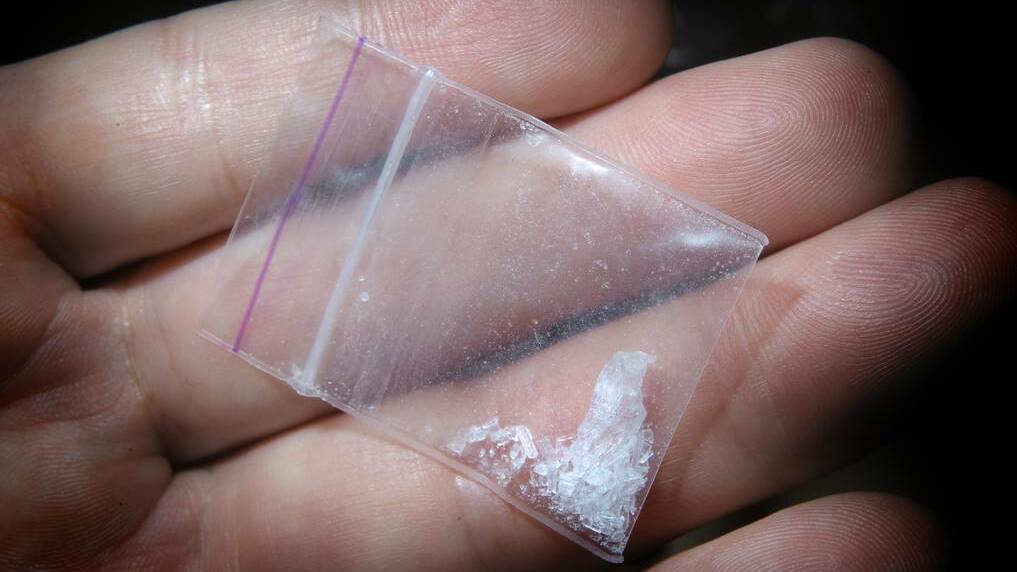
THE emergence of the drug ice and its associated dangers has brought with it a myriad of cliches that have the potential to make us immune to the very dialogue we are engaging in to tackle the problem.
Subscribe now for unlimited access.
or signup to continue reading
The drug is often referred to as a "scourge", we read about its "ice cold grip" and observe that civilisation is experiencing "an ice age".
We are told ice "does not discriminate" meaning people of a wide range of ages and backgrounds use it.
And "you don't have to use ice to become a victim", implies there are negative physical, social and economic effects for family, friends, emergency services and the taxpayer.
Not to mention Wellington's title of "little Antarctica" due to the reported prevalence of the drug in the community.
Certainly this proliferation of cliches does not mean we should not talk about ice, as sweeping issues under the rug is generally not an effective way to solve the world's problems.
Expect a lot more talk following this week's release of the National Ice Action Strategy by the federal government, a strategy promising a co-ordinated approach involving education, health and law enforcement.
But it is sobering to note (no pun intended), that after years of campaigns about the dangers of binge-drinking, drinking while pregnant, drinking and driving and alcohol-related domestic abuse, there are still plenty of people doing it, even though they know it's wrong.
Indeed, as former Victorian Premier Jeff Kennett was quick to point out this week, alcohol remains a bigger problem.
Most would argue the war on ice must be both preventative and restorative.
And it will need to be something extremely innovative, especially if, as many are suggesting, the horse has already bolted.














